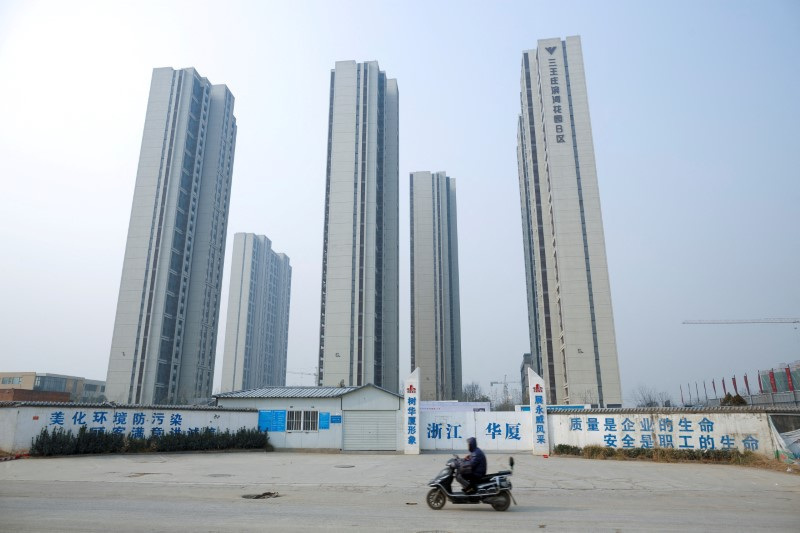China is set to enhance its efforts to revitalize its struggling housing market in a move aimed at encouraging economic stability. Ni Hong, the Minister of Housing and Urban-Rural Development, announced that the government will expand the “white list” of housing projects eligible for financing, with expectations to increase available bank loans for these developments to a substantial 4 trillion yuan (approximately $562 billion). This initiative seeks to accelerate urban redevelopment, targeting the revitalization of a million “urban villages,” with the ultimate goal of resettling individuals to address the issue of excess housing inventory. These measures come in response to a property crisis that began in 2021, a situation that has profoundly impacted China’s overall economic performance.
In early January, the Chinese government established a “white list” system, designed to ensure critical housing projects are completed and the construction of homes is sustained. By the summer, banks had approved financing for 5,392 projects on this list, amounting to nearly 1.4 trillion yuan. By mid-October, the volume of loans for these selected projects had surged to over 2.23 trillion yuan, signaling a positive response from financial institutions towards the government’s aim to inject liquidity into the battered housing sector. Xiao Yuanqi, a deputy director at the State Financial Regulatory Administration, noted during a press conference that the incremental growth in approved loans highlights a stabilizing trend within the market.
Alongside these financing efforts, officials from China’s finance ministry revealed additional measures to support the ailing property sector. They are allowing local governments to utilize funds from special bonds to purchase unsold homes and undeveloped land, which could help to alleviate the burden of excess properties in the market. Furthermore, a recent announcement from the central bank introduced pivotal changes in support of potential homebuyers, including the reduction of the minimum down payment for all buyers to 15%. These moves are indicative of a concerted effort to restore confidence in the housing market, which is vital for the economy’s overall health.
Additionally, interest rates on existing mortgages are set to decline by an average of half a percentage point, resulting in considerable savings for homeowners. This adjustment is expected to benefit around 50 million households, ultimately affecting approximately 150 million residents. Tao Ling, a deputy governor at the central bank, stated that the rate reductions have led to savings of 150 billion yuan for these households, thereby alleviating some financial stress amidst ongoing economic uncertainty. The government’s approach reflects a proactive strategy to bolster consumer confidence and encourage investment within the housing sector.
Since the onset of the property crisis, China has implemented various incremental policies designed to boost homebuyer confidence, which has remained shaky due to consistently falling prices and concerns over timely home deliveries by developers. The ruling Communist Party’s top decision-making body, the Politburo, convened in September and emphasized the necessity of introducing further measures to stabilize the housing market. This aligns with a broader economic strategy, as the housing sector is a key contributor to China’s GDP and can significantly influence overall economic growth.
In summary, China is taking substantial steps to reshape its troubled housing market, focusing on expanding financing options for developers and resettling residents from urban villages. The proposed financial measures, including the expanded “white list” and significant reductions in mortgage rates, are indicative of the government’s commitment to revitalize the sector and restore market confidence. As these initiatives unfold, they could play a crucial role in addressing the housing crisis that has persisted for years, ultimately fostering improved economic growth and stability in the world’s second-largest economy.

